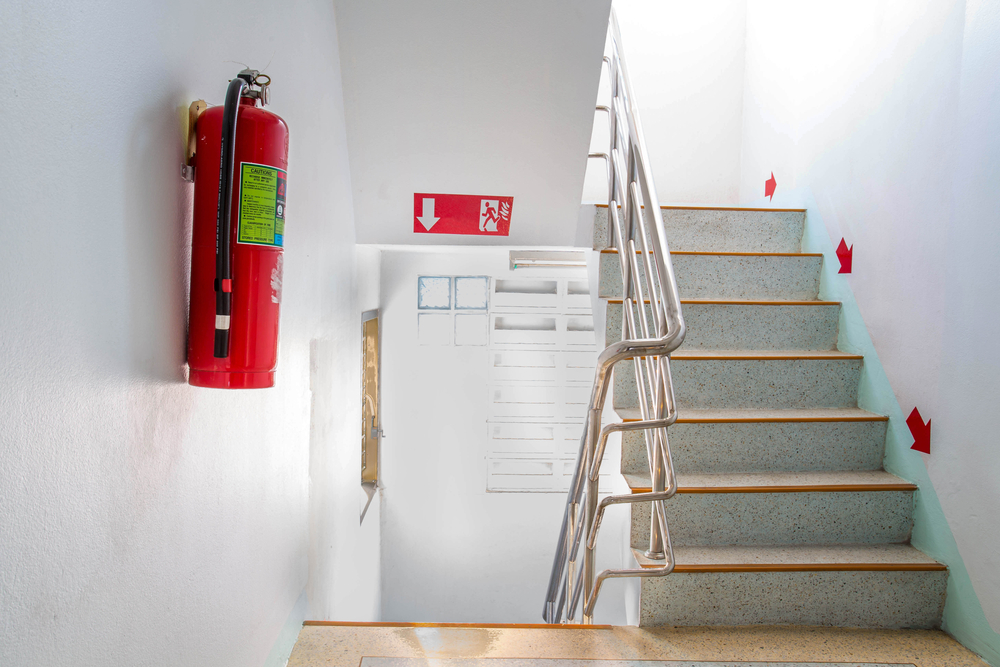Government at fault on fire safety according to FBU general secretary
- September 17, 2021
- 9:03 am


Iain Hoey
Share this content
The general secretary of the Fire Brigades Union Matt Wrack has told a cross-party committee of MPs that “governments for decades” have been responsible for reducing emphasis on fire safety, in a session on post-Grenfell building rule changes yesterday.
He said “I lived through a decade where the endless mantra, and I have to say it here, from… government ministers, of both parties… had been that fire is a declining risk and therefore we can afford to reduce our emphasis on fire safety. That was very clearly a theme we heard for more than a decade”.
He concluded that “there has been a deep, deep complacency about fire safety that has emerged… and Grenfell hopefully is a major turning point on that”.
He went on to lay out the impact that weak fire safety standards can have, saying that “We have had incidents where our own members have died and it has emerged that fire risk assessor for the building concerned had no qualifications, and so I think that’s quite shocking and that’s a sign of a deregulated sector”.
During the session Wrack highlighted falls in fire safety inspector numbers as a key part of the “financial pressure on fire and rescue services”. He said that “I do not see how you can cut in the London Fire Brigade, for example, 25% of your fire safety inspectors and not think that that will have implications for public safety. Something like 20% to 25% of fire safety inspecting officers have gone over the past 11 years, and something like 40% over the past 20 years”.
Wrack was appearing in front of the committee of MPs tasked with scrutinising the Building Safety Bill, the most significant piece of post-Grenfell legislation to date.
Wrack criticised the bill for allowing the new Building Safety Regulator to potentially turn to the private sector for assistance if fire and rescue services were stretched. He said that, under the proposals, if a fire and rescue service “could not provide that assistance [to the Building Safety Regulator], the regulator could… go to the private sector, and we would object to the role of private sector provider within that. If we’ve got a problem with resources in the appropriate public service then those resources should be provided”.
He was asked by MPs whether height was the best measure of risk – the bill stipulates a higher level of regulation for buildings over 18 metres. Wrack said “We don’t agree with the 18 metre cut-off… If there is to be a height measure then a more logical one would be 11 metres”. External rescue is far riskier above 11m metres.
He also said that “we have questions about resources” in relation to the new Building Safety Regulator, which will sit in the Health and Safety Executive. He said that there were “concerns about the scale of reductions in Health and Safety Executive inspectors, reduced by something like a quarter”. He also highlighted “fire and rescue services being subject to unprecedented cuts in staffing numbers over the past decade, and that will raise questions about resources in their ability to cooperate with the requests of the regulator”. He concluded that “while we welcome the move towards regulation, that regulation has to be resourced adequately”.

